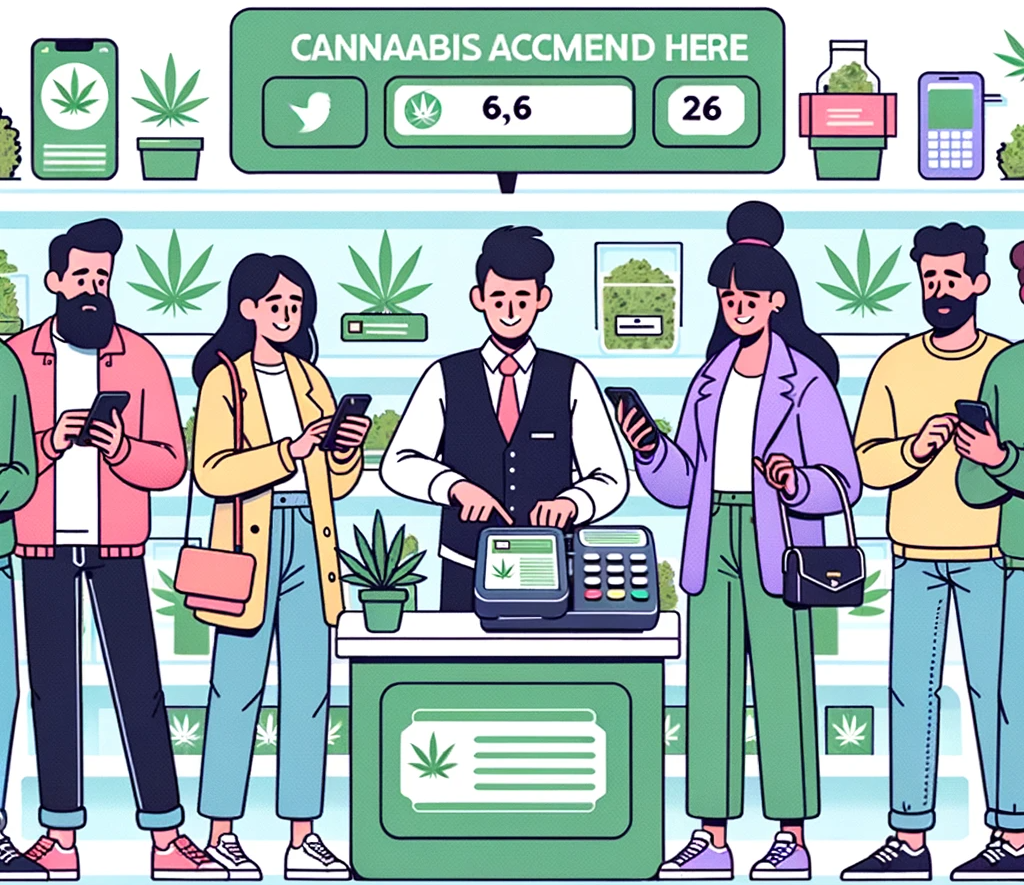ANALYSIS: Cannabis Payments: Navigating a Landscape of Opportunities and Pitfalls
NEW YORK — Cannabis payment systems have always been rife with controversy and uncertainty. As we explore the landscape, the focus is primarily on services purporting to have a compliant mechanism to accept credit cards. To be succinct, while cannabis remains federally illegal, all payment systems for it are mere workarounds. Some are safe, others not, with varying degrees of associated risks.
A boost in transaction size of 24%-36% is typically observed when card processing is integrated. Such systems not only offer a conventional checkout experience but also mitigate internal and external theft and save time for retail teams. The downside? Potential shutdowns. And anyone pledging an uninterrupted service might be overcommitting.
A Glimpse into Historical Mishaps:
1. Eaze Scandal: The Eaze debacle stands out. A tech startup, in its bid to revolutionize cannabis payments, collided head-on with stringent financial regulations. The aftermath? A convoluted nexus involving banks from Romania to Nigeria, all processing cannabis transactions disguised as innocuous sales from florists or pet supply stores.
2. Lynx: Between 2017-2020, Lynx dabbled with gift cards as a way to circumvent the federal illegality of cannabis. The rationale was simple: consumers load money onto gift cards using credit/debit cards. For card brands, the transaction ends there, making them oblivious to the cannabis purchase. However, Lynx faltered with audits. Hitting over $10 million a month in sales triggered repeated shutdowns.
3. MTrac: Operating in 2019, MTrac, a digital wallet relying predominantly on cryptocurrency, shut down overnight, leaving dispensaries grappling with millions in owed money. With exorbitant chargeback rates and non-existent customer service, MTrac’s demise was almost inevitable.

These platforms had a shared narrative – merchants losing millions, with funds often never retrieved. The workarounds, whether a digital wallet or miscoding, were diverse in their approach. In the era before 2020, any non-cash transaction in cannabis invariably entailed relying on international banks, thus lacking funds insurance and charging exorbitant processing fees.
However, by 2021, the landscape of cannabis financial services began showing maturity. While state governments’ closed-loop networks failed to take off, private companies managed moderate success. These platforms might have been complicated, but they were transparent. All involved banks were aware of facilitating cannabis transactions, with essential protocols in place.
By mid-2021, there emerged a “PayPal for Pot” model. Platforms operating on a Text-To-Pay parallel economy scaled impressively, with one platform clocking over $100 million monthly, serving numerous U.S. dispensaries. All leveraged the MCC Code for Money Transfer, akin to transactions funding PayPal, Zelle, or Venmo accounts.
However, with success came opportunists. Post-2021 witnessed several shutdowns. For operators, the way forward involves partnering with payment processors having redundant safety measures. Reading contracts, diversifying payment strategies, and preparing for any payment disruptions are crucial.
The cannabis payment landscape is constantly evolving, with its share of triumphs and tribulations. As the industry matures, so will the methods of payment, but until then, caution and diligence are key.
For more information on payments, feel free to contact [email protected]. Mr Cushman is a payments aggregator and therefore will give you the best quotes in the market for all your payment processing needs.



































